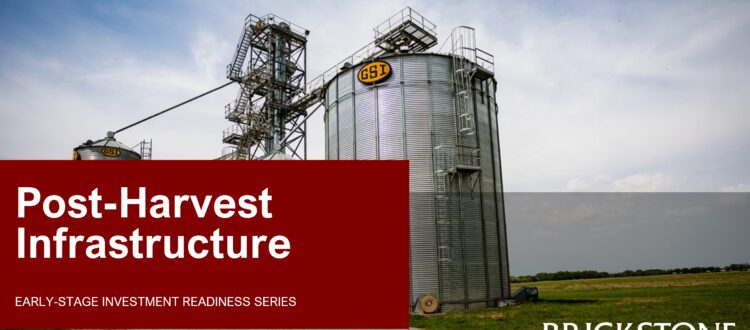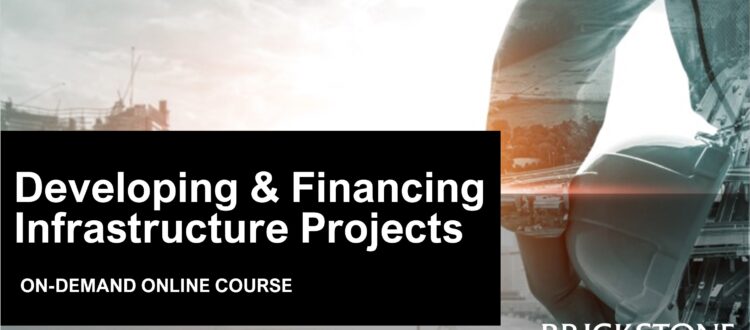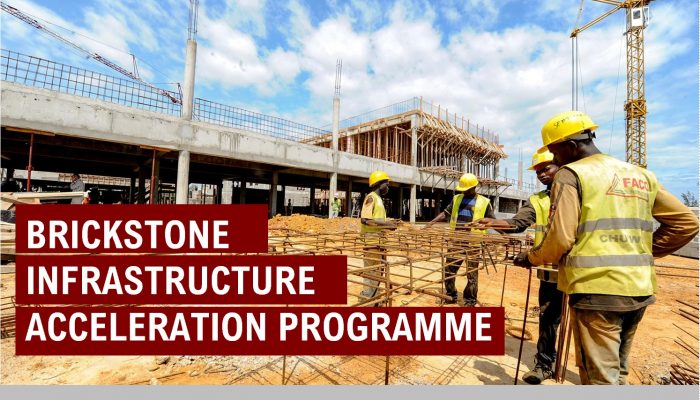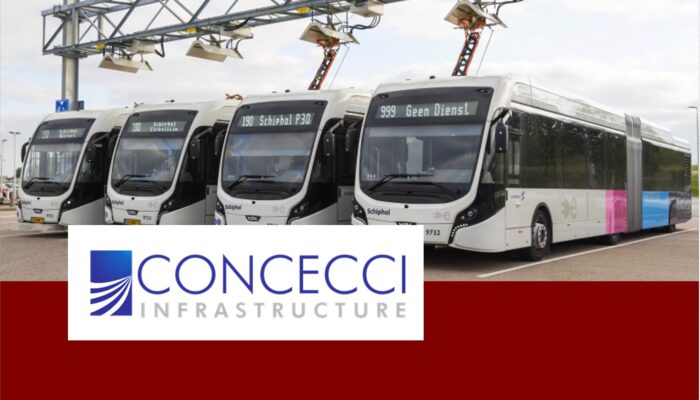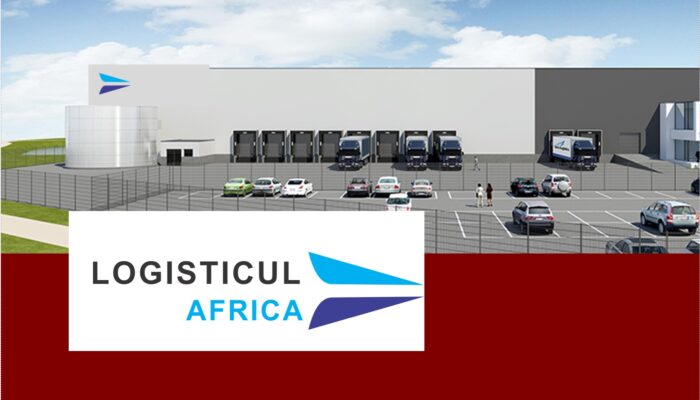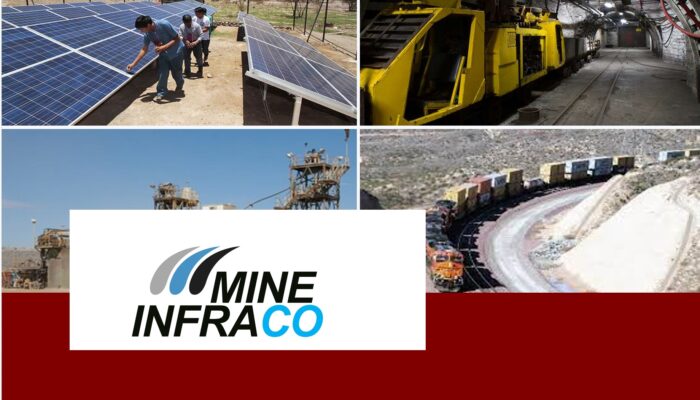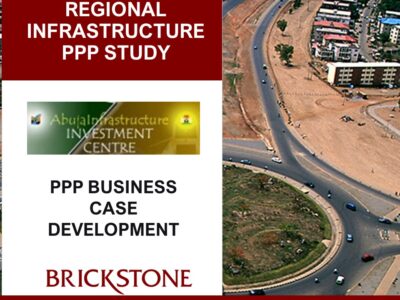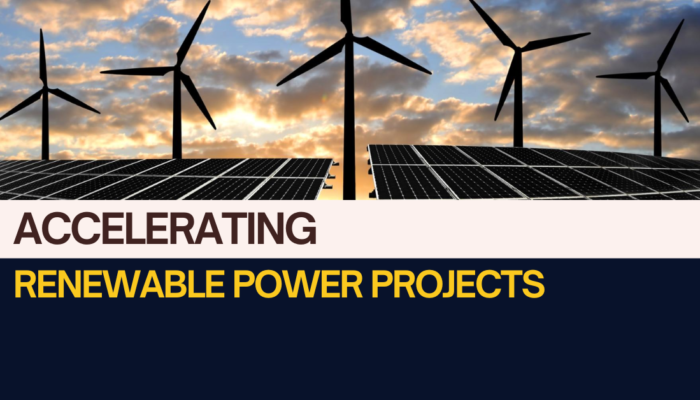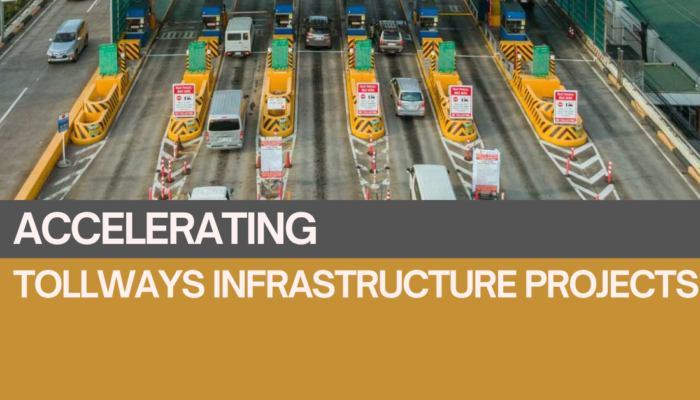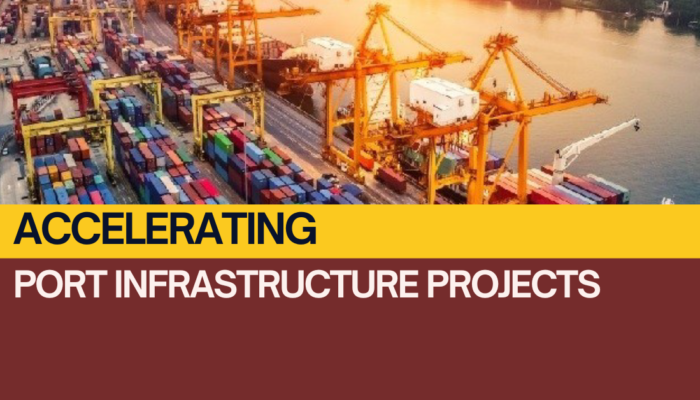Brickstone is an Infrastructure Accelerator with strong competencies in the early stage Advisory and Project Development of large scale industrial and infrastructure projects in Africa.
In executing our advisory process, Brickstone combines investment acceleration, capacity building and hands-on advisory skills. This is to navigate the complex structures which describe today’s financial markets; and an unsurpassed creative approach that differs from the traditional consulting firm. Our Goal at Brickstone is to be Africa’s Infrastructure Catalyst.
About Brickstone
Femi Awofala founded Brickstone in 2009 in conjunction with a team of professionals having vast commercial and financial management experience. Ranging from sourcing, technical and financial project, finance feasibility assessments, over commercial and contractual negotiations. There is also the development, closing, and delivering of equity. As well as project/corporate finance, and other contractual structures across major infrastructure projects within Europe, Australia and Sub-Saharan Africa.
Brickstone believes Africa presents an attractive investment opportunity for investors seeking attractive and long-term risk-adjusted returns. Despite the Energy, Infrastructure and Real Estate markets in Africa having high and stable returns, only a few institutional advisors risk and ability to mitigate them. Brickstone is the “spur” Africa has been searching for to quicken its gap in its infrastructure deficit; while providing quality project development and acceleration service.
Download Company Profile
OUR PROJECT ACCELERATION MODEL
The type of Projects we advise or help accelerate must typically meet the following objectives
 Projects that are characterized by a high degree of revenues predictability under a (partial or full) Contracted Revenue Arrangement with a creditworthy counterparty
Projects that are characterized by a high degree of revenues predictability under a (partial or full) Contracted Revenue Arrangement with a creditworthy counterparty  Projects which deliver under a fixed construction price and schedule with a Building (or EPC) Contractor with clear strategies for Optimal Operations during Post-Construction
Projects which deliver under a fixed construction price and schedule with a Building (or EPC) Contractor with clear strategies for Optimal Operations during Post-Construction  Projects that intend to independently with strong Governance Systems operate in an environmentally sustainable manner from development stage to post-construction phase
Projects that intend to independently with strong Governance Systems operate in an environmentally sustainable manner from development stage to post-construction phaseBrickstone would only ONLY interested in projects that meet at least No1 and either No 2 or No 3
We have a crafted “catalyst based” accelerator program that enables founders to speed up the infrastructure development cycle. They risk their project much further to make it bankable . They also implement practices that allow them to scale their processes while managing the other responsibilities they have as a founder. To learn more about the Brickstone InfraLab Programme, Click HERE
OUR PRE-ACCELERATOR PROGRAMMES





